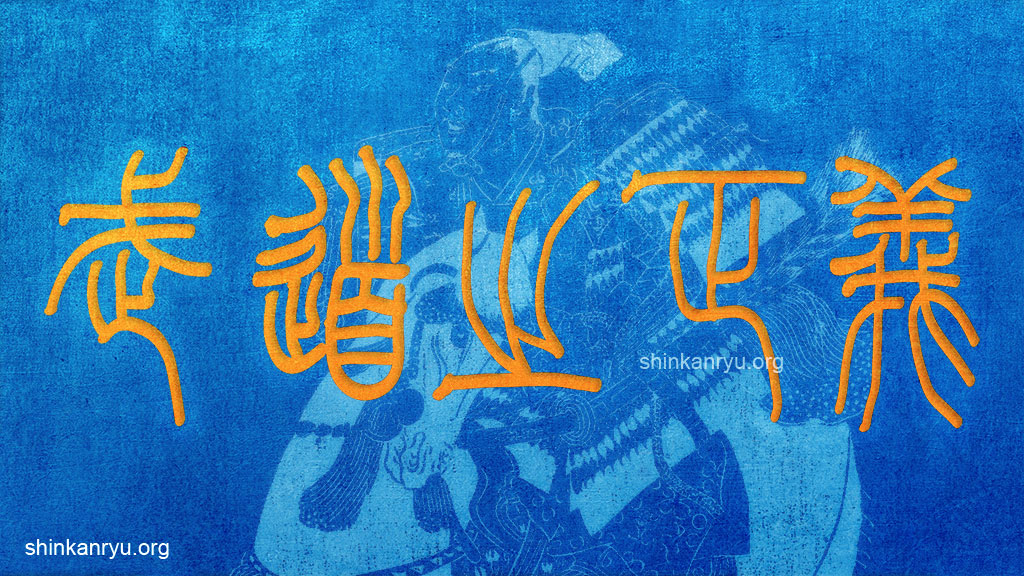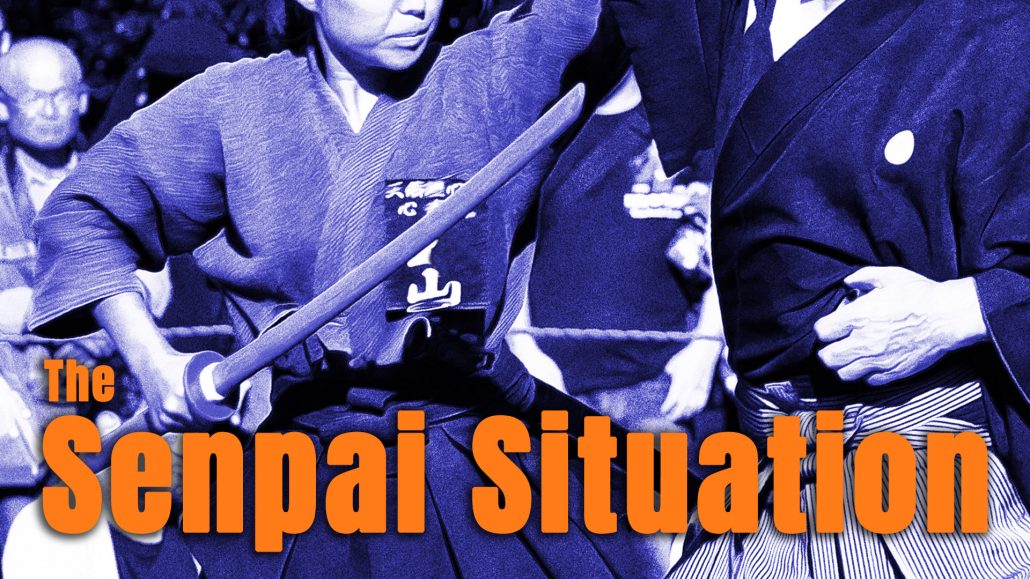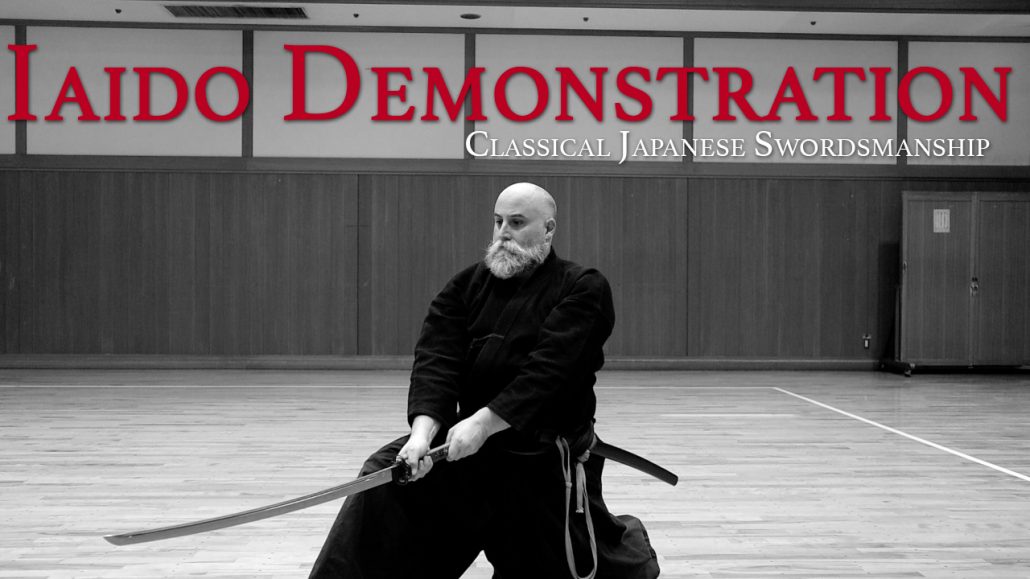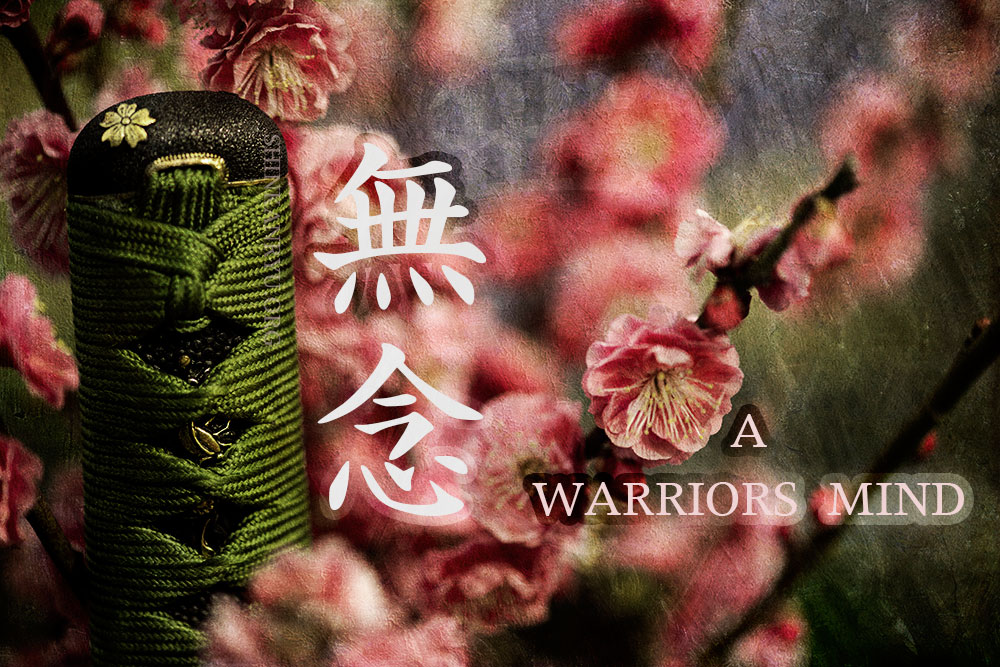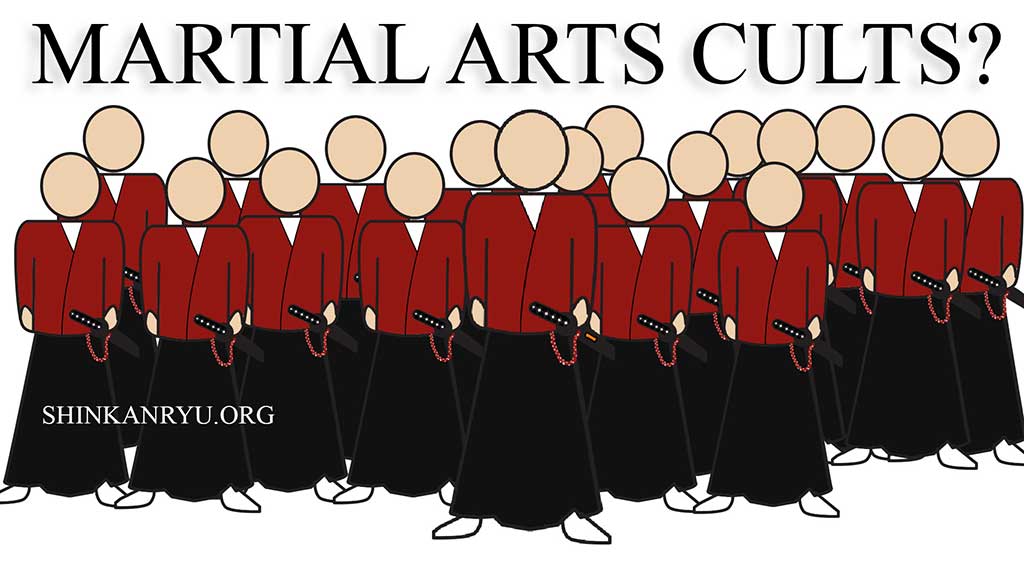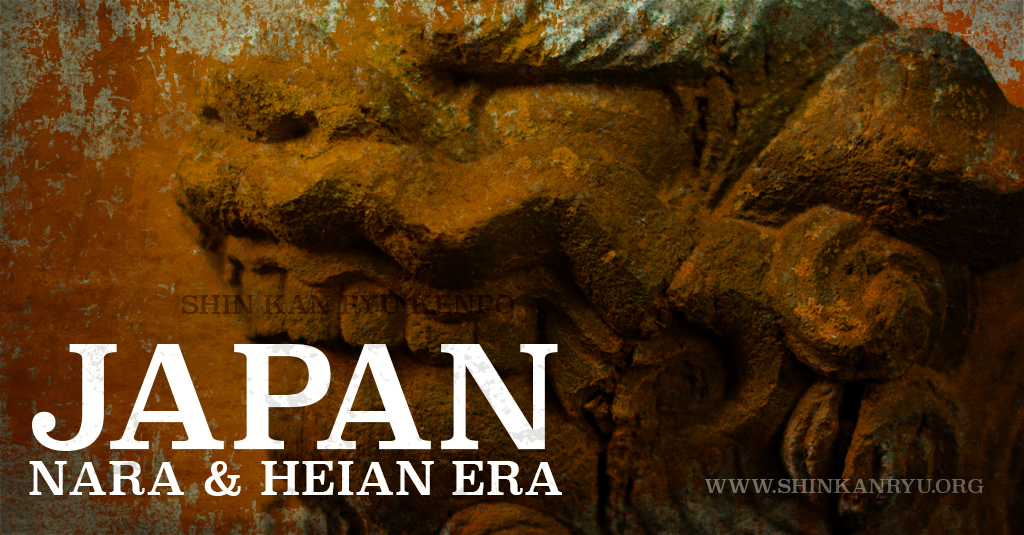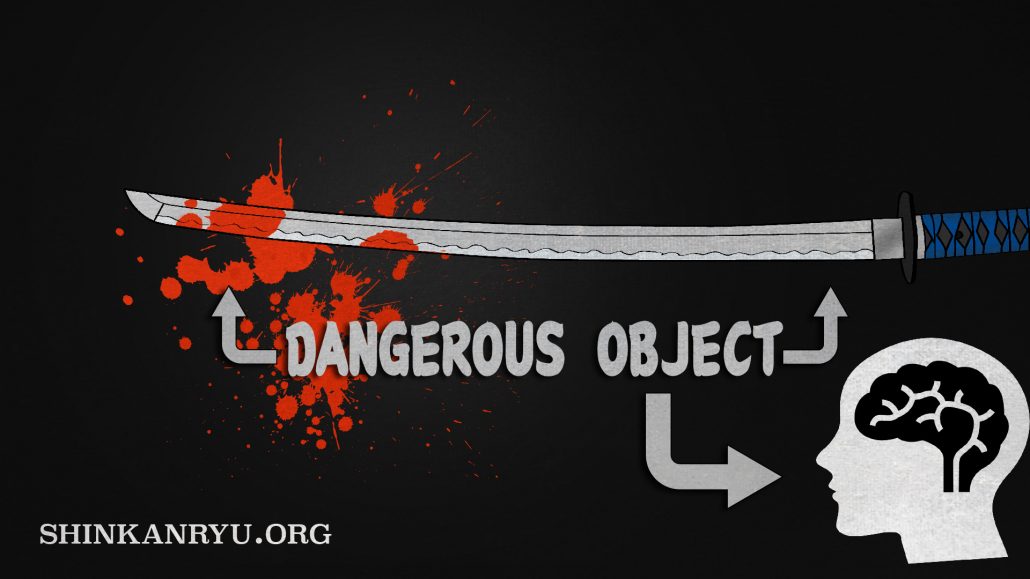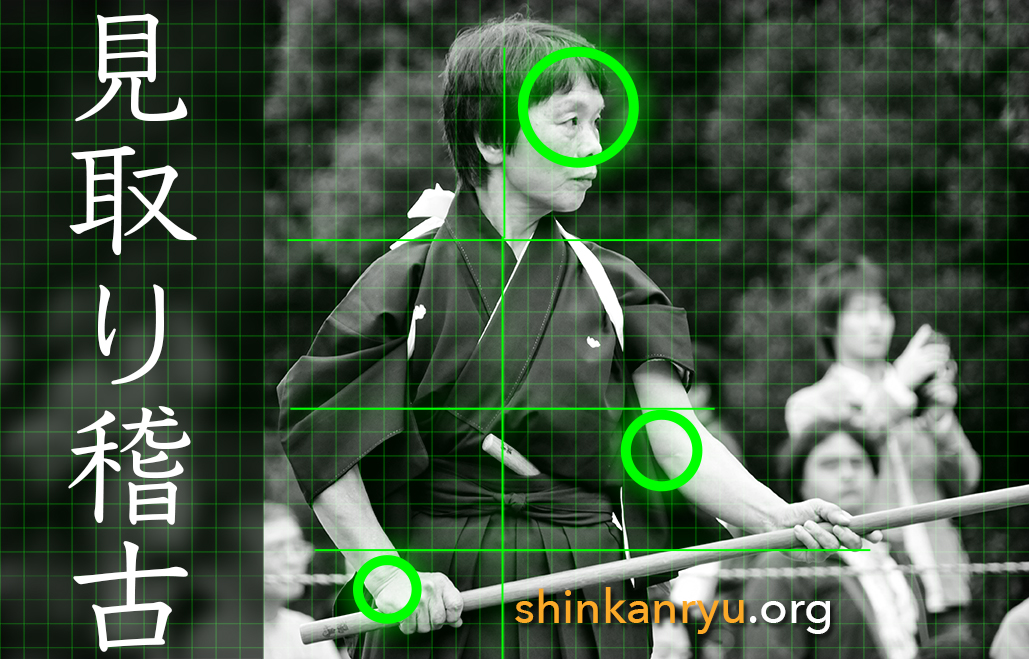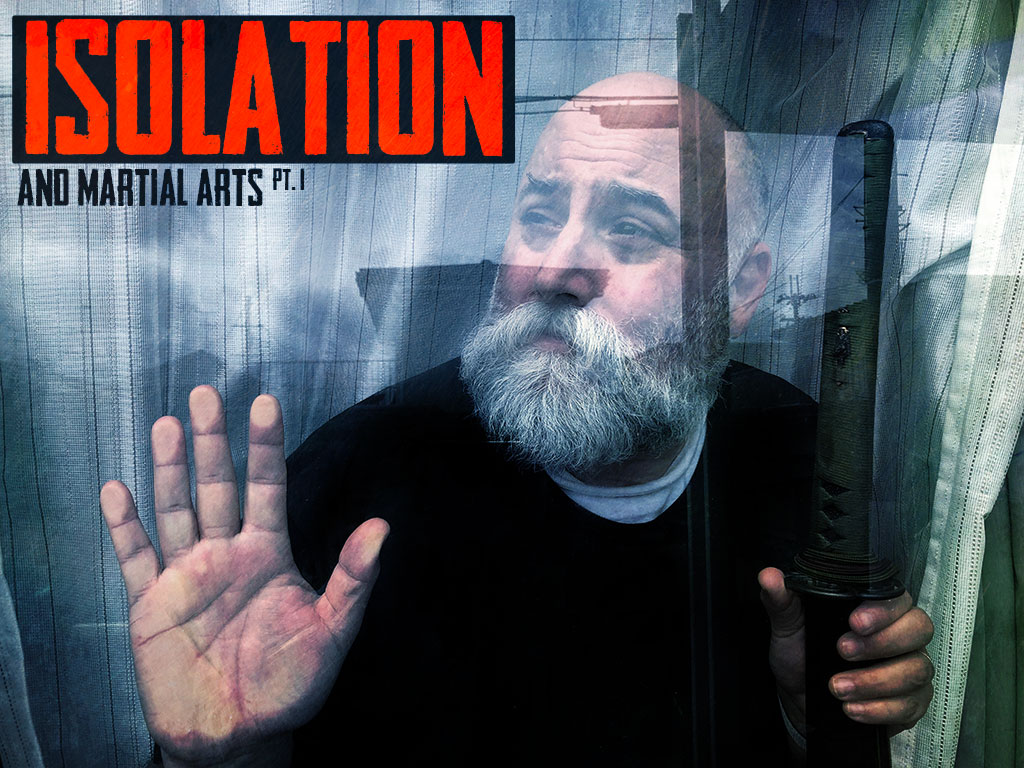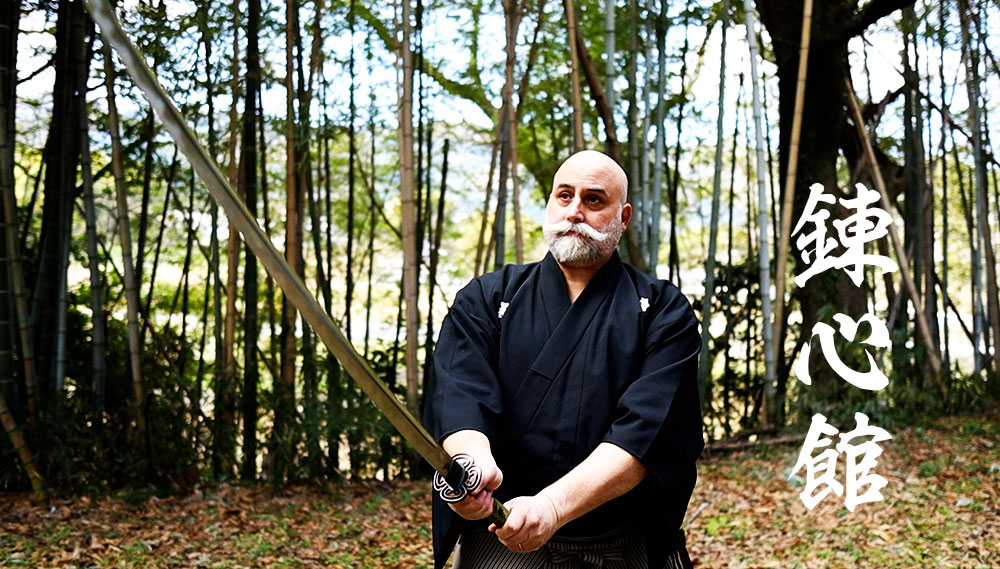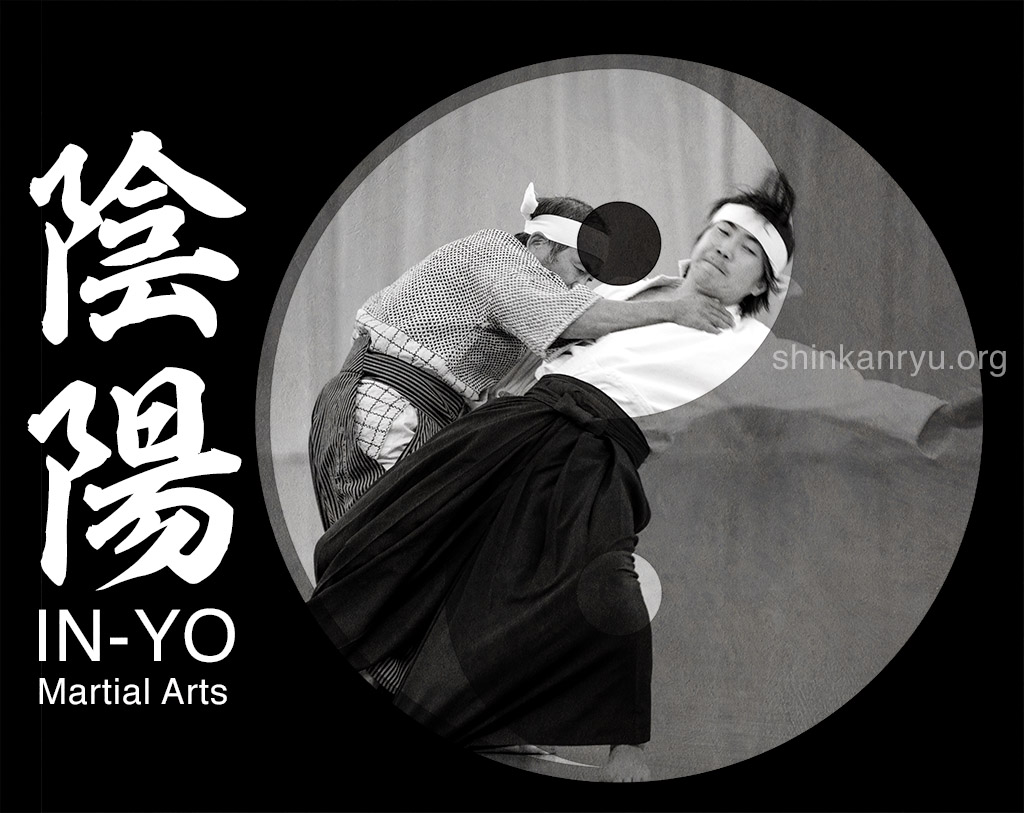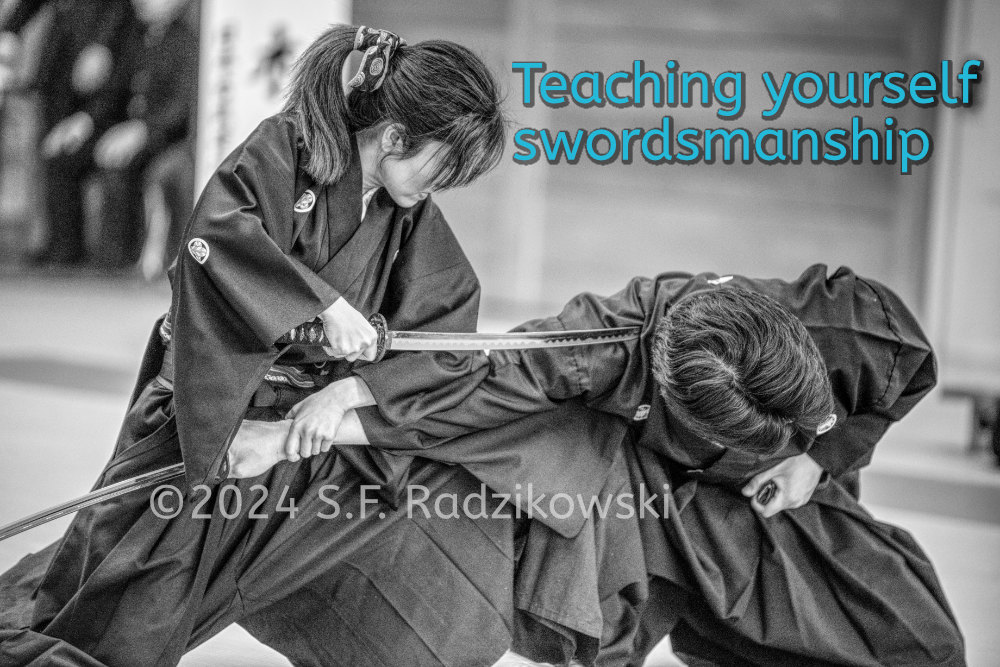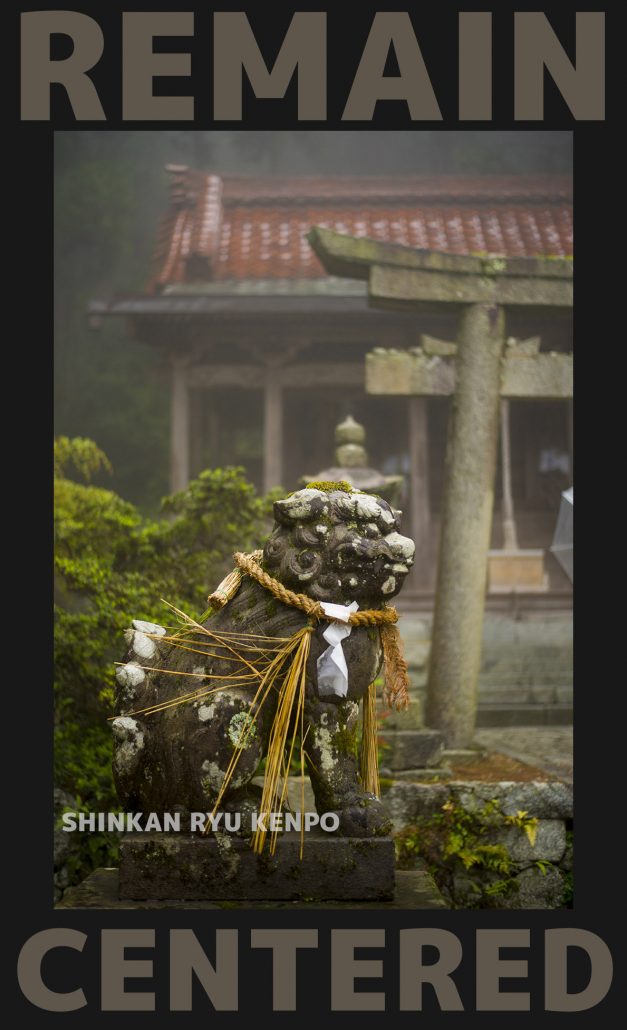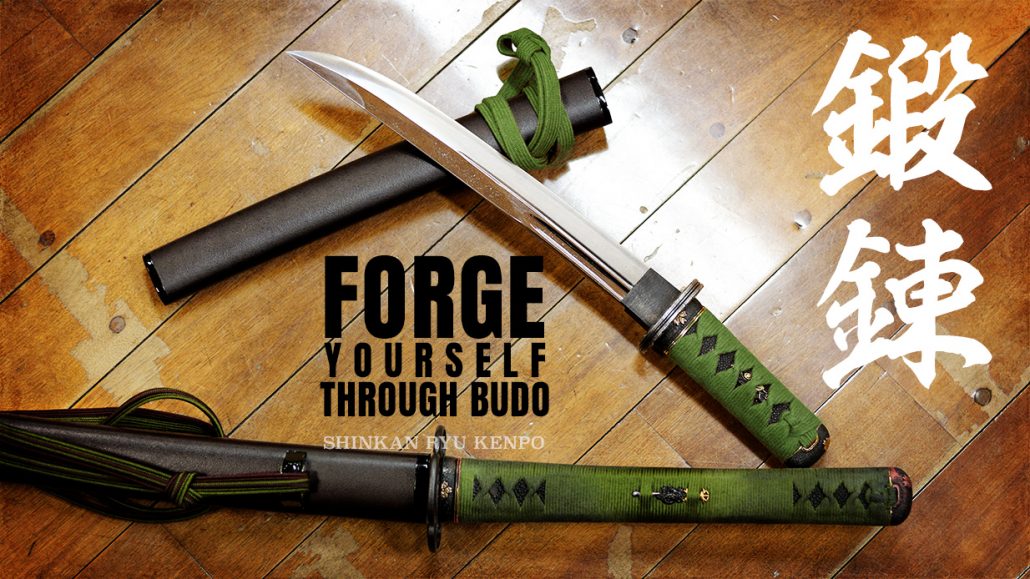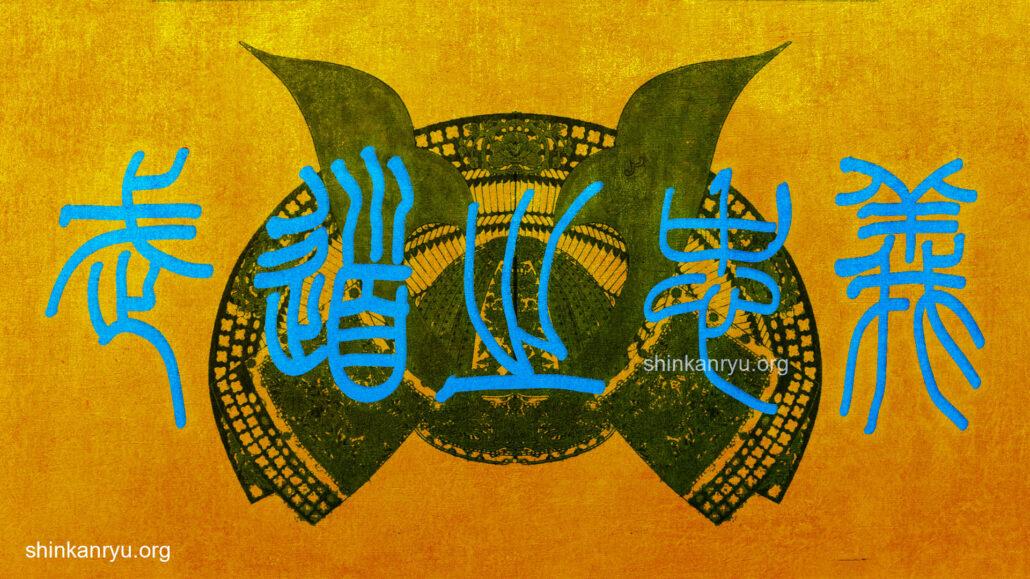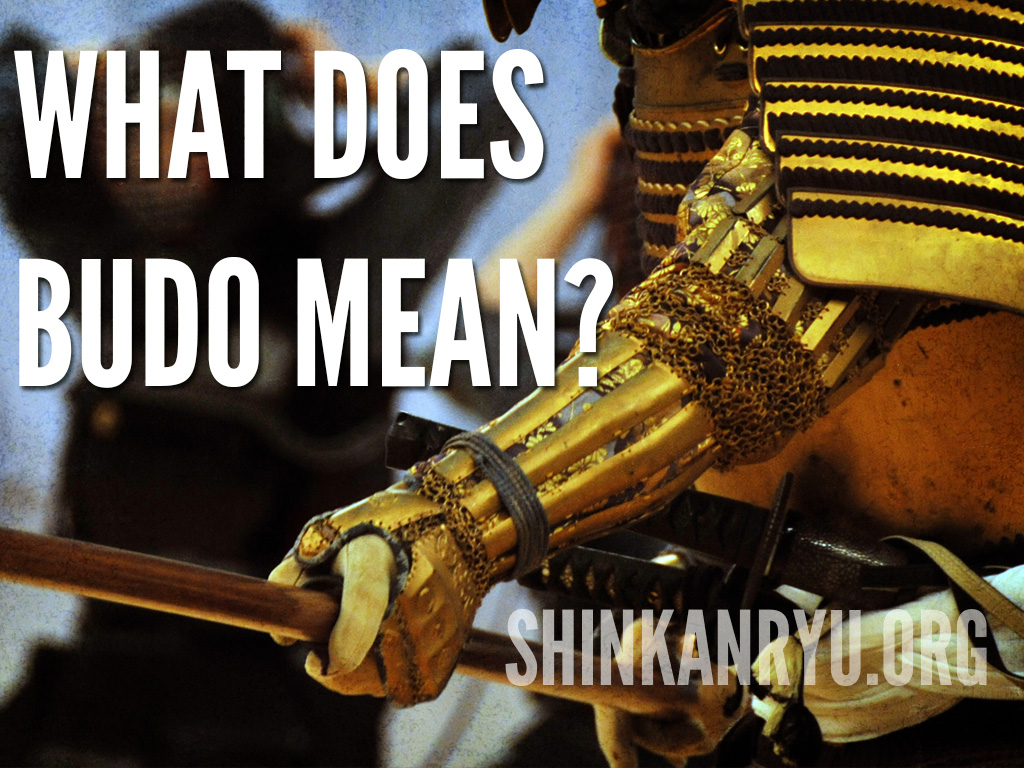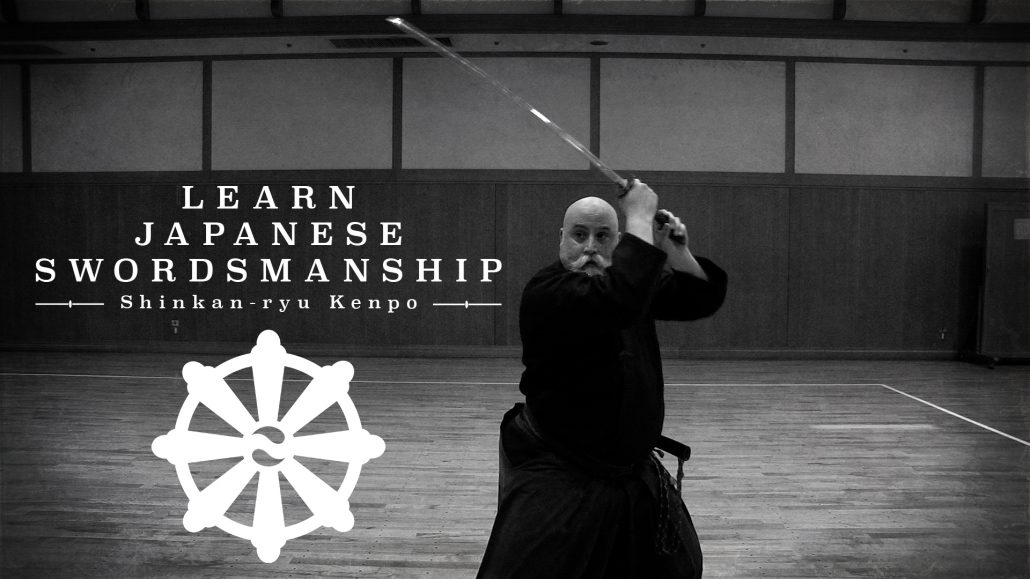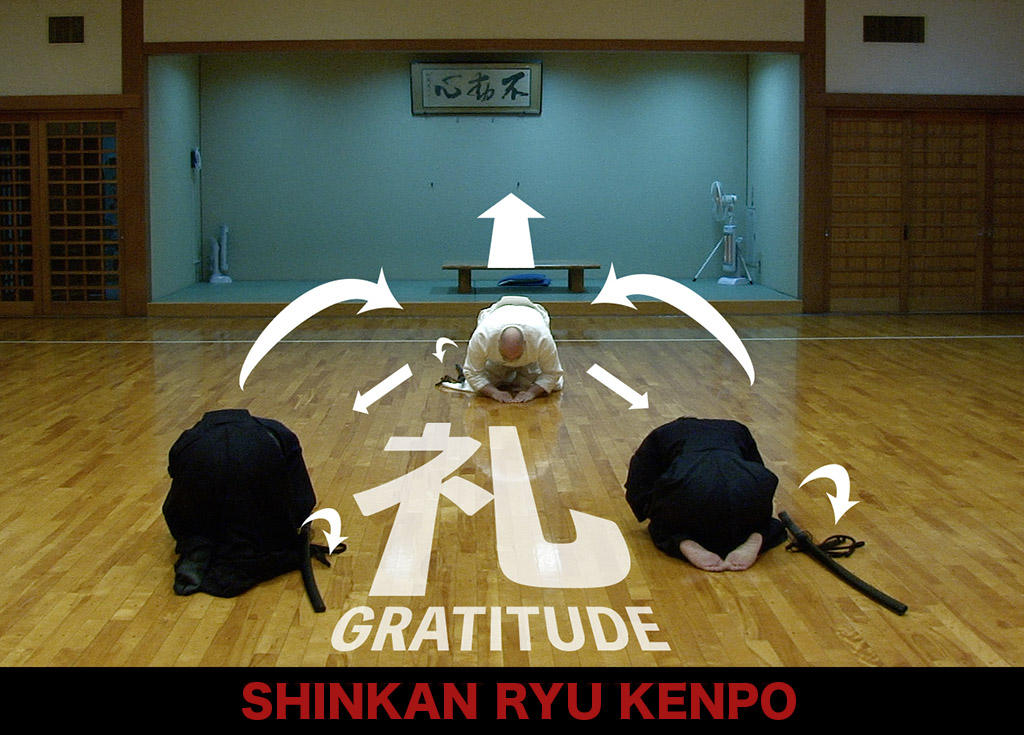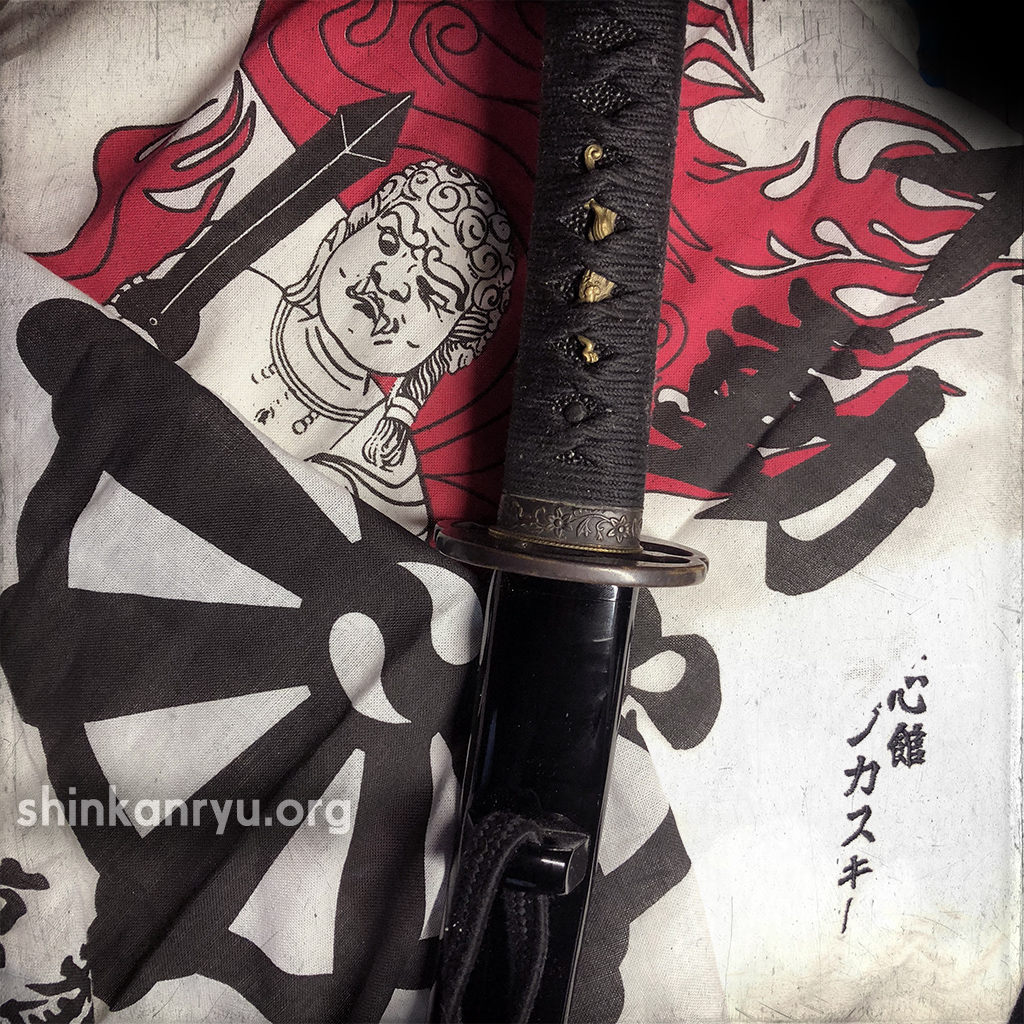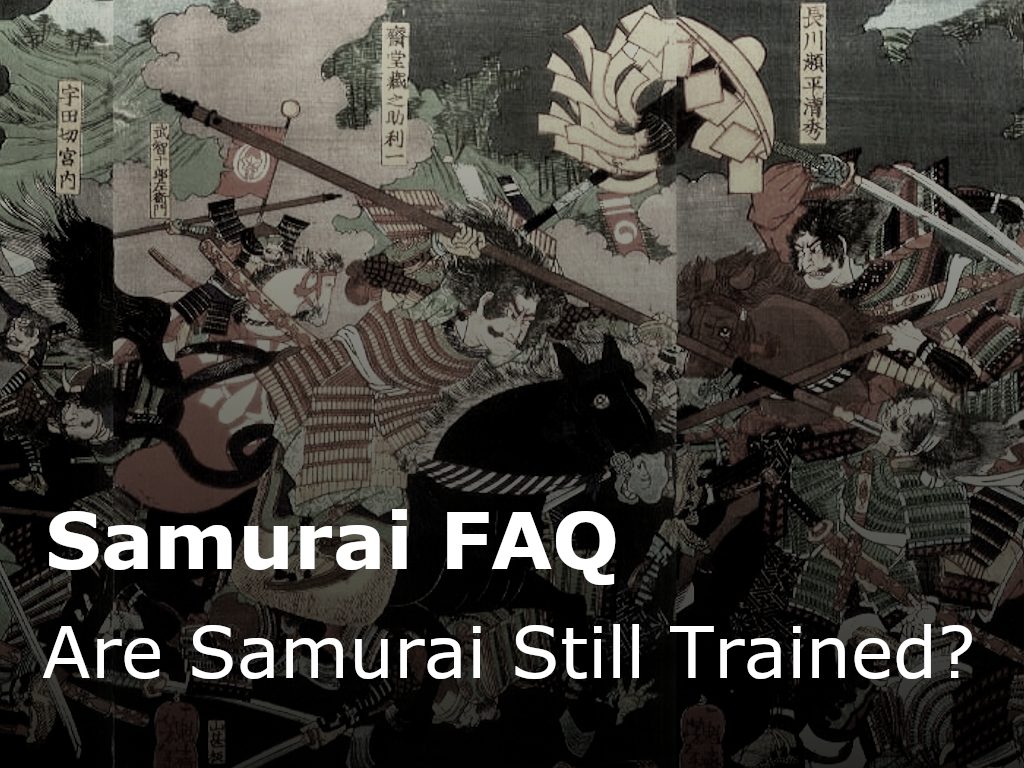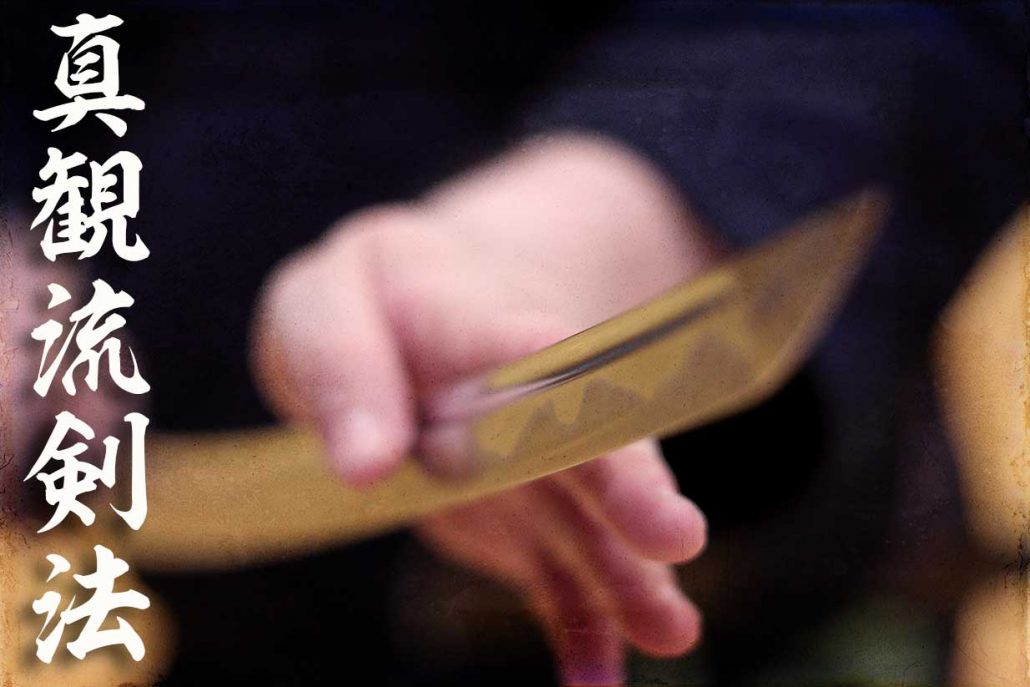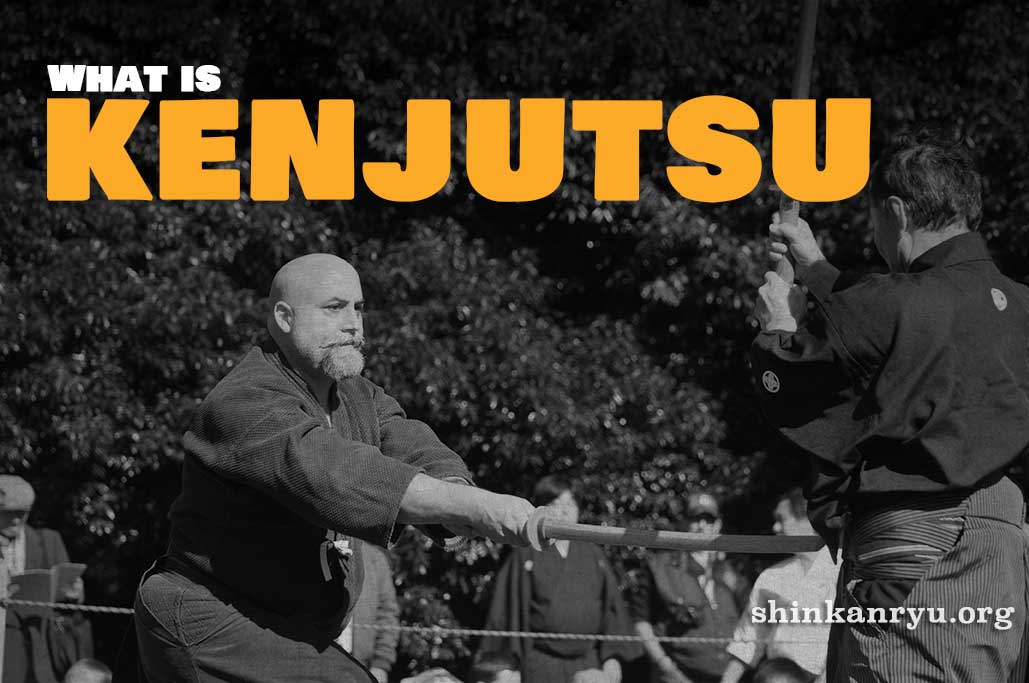Being righteous and doing the right thing is one of the foundations of body and speech actions, as well as mental formations. Righteous decision making is beneficial to everyone. We have a tremendous responsibility to behave righteously when we wield power.
In the modern age, there is no less of an issue with doing what is right than there was with the samurai in pre-modern Japan. Warriors and bureaucrats within the samurai caste, in general, were afflicted with all the same issues we are today. Laziness, hatred, ignorance, short tempers, anger, selfishness all existed with warriors of pre-modern Japan to varying degrees. Seldom was anyone perfect. Few actually strived to be. It is no different in the minds of anyone today than a few hundred years ago. The trap of romanticizing the samurai warrior is very real and very sticky.
Today the need for righteousness is just as critical as it was in 1645. There are certainly many people acting appropriately, but the majority of us act selfishly more than in an honest way. One of the virtues of bushido is seigi 正義. Gi is often touted as one of the eight virtues of bushido. One must understand that the seven virtues that you often see today (gi,yū, jin, makoto, rei, chūgi, and jisei) were, not a cookie-cutter list given to each samurai at birth. Bushido was a fluid concept and meant something different from different clans or groups or families. They were either longer or shorter, and for some people, codes like that didn't even really exist.
True Warrior Efforts & Integrity
Seigi translates as correct action or proper integrity. A just behavior and attitude. It might seem like common sense that this virtue is important. However, even a cursory glance at martial arts schools and practitioners will show you there is a lack of seigi. Not only is there often a lack of seigi but there is a lack of cultivating such a virtue.
When someone is being abused, we should step in and help. I am not talking about physical assault. I am speaking of verbal and emotional abuse as well. Online it is a rampant problem. In the dōjō, violence can be very subtle. There are instructors who turn a blind eye or just don't have the wisdom to see what's going on. It is then that we must have the correct understanding to demonstrate righteous actions.
We all have ideas of what is and is not right. How to know what is and isn't righteous? We must use our righteous posture when things are bent towards the unwholesome end. When suffering will befall someone it is a clear sign of unrighteous behavior. If our actions propel our status or gain at the expense of another it is unwholesome. If our actions damage the physical or emotional property of another it is unjust.
Richochet
One of the basic tenets among cultures and religions is that one should not lie. Lying is a direct path towards seeing the kamma tree burst with rotten fruit. What we sow we in turn reap. Whatever our actions, body, speech or mind they must be without ill intent. Going a step further we must be more careful. It is something I always struggle with.
Our minds are pregnant with many thoughts. Swirling and hard to predict. This is why deep contemplation or meditation has always been deeply connected with quality martial arts. The Buddha said that the mind is the forerunner of all things. If we act or speak with a defiled state of mind and suffering will follow. However, if we have a pure state of mind then we become free from suffering and its ill effects.
A careless lip results in someone being hurt or emotionally damaged. The wrong words can be as damaging as a sword drawn at the wrong time. Creating righteous speech that as the iron spine of compassion and truth is important. Having the wisdom to understand what is righteous cleans our speech.
Our actions must also be righteous. A just person does not harm others or learn martial arts for the purposes of violence.
We must uphold a moral character and straighten our spines with correct virtues. One should not take what is not given. A martial artist must resist slandering other schools and artists. When someone is morally or ethically corrupt, they should be admonished by his peers and shown the better path. We should shun harmful behavior.
All of this sounds like being a goody-two-shoes, but it isn't the goal or point. The goal is to rid ourselves of these bad habits that hinder us and cause others pain. It is living in and creating a more harmonious environment. If we cant, understand how to cultivate bushido virtues such as seigi, then we do not deserve to learn techniques that can cause suffering, injury, or death. It is the responsibility of every martial artist to improve this purity of seigi and bushi no konjō. Not to be pure, but to try. To admit when they fail and not give up trying. It is hard work. I am full of shortcomings. My teachers were, and their teachers were. But we are ill teachers and students if we fall back on the attitude of, "this is just how I am and there ain't no changing it."
The evil intent might outnumber us in society. Our Presidents and Prime Ministers, CEOs of major corporations, co-workers, and neighbors might blanket the landscape with their unrighteous behavior, but as guardians of the sword and its waza, we must endeavor to be pure and on the wholesome path. Responsibility comes with learning how to use a weapon.

ラジカスキー真照
館長Saneteru Radzikowski is the head sword instructor of Shinkan-ryū Kenpō. He lives and teaches Iaijutsu and Kenjutsu from Nara, Japan.
What Is A Good Senpai In Budō?
I have discussed teachers and students within martial arts. The senpai-kohai relationship is just as...
Tachi Iai & Suwari Iai Demonstrations
[fusion_builder_container hundred_percent="no" hundred_percent_height="no" hundred_percent_height_scroll="no" hundred_percent_height_center_content="yes" equal_height_columns="no" menu_anchor="" hide_on_mobile="small-visibility,medium-visibility,large-visibility" status="published" publish_date="" class="" id="" background_color="" background_image="" background_position="center...
When Protectors Become Perpetrators: Martial Arts Community Failures
Recently, a martial arts instructor (Budo Teacher) faced defamatory accusations in a public forum. A...
Munen Muso And Mushin The Warriors Mind
What is the difference between munen and mushin? These concepts outline the ideal mental state...
Martial Arts Cults & Lies
I once had an interaction with someone who referred to their school as a genuine...
Japanese Era 710-1868 Part 1 Nara & Heian
Nara period. 710-794 We shall begin with the Nara period. 710-794. Japan had recently changed...
Playing With Sharp Swords
I have been saying it’s important to get training for using a sharp sword or...
Mitorigeiko Special Practice
Present and switched on The method of critically watching practice is commonly referred to as...
Fear Isolation Martial Arts
Budo does not begin and end when you pass through the dojo, or step on...
6 Years of Shinkan-ryū Kenpō
Last week marked the 6th year of Shinkan-ryū Kenpō. I want to thank the faithful...
Secrets of Swordsmanship: In-yō. Ying & Yang
I wanted to talk about IN-YŌ 陰陽, or more commonly known as yin & yang....
Teaching yourself Iaido and Swordsmanship
The Challenges of Self-Learning Swordsmanship In martial arts, particularly in the study of swordsmanship, a...
Bujutsu Centering
When practicing bujutsu we should always work on being centered. For non-practitioners, it is also...
Forge Yourself Through True Budo
You can jump and twirl around and whip about your sword as quick as you...
Bushido Chūgi The code of Loyalty
Loyalty is one of the shining points in any list about the virtues important to...
What does Budō mean?
I’d like to discuss briefly discuss what Budo or Bujutsu means. I’m not a scholar...
Learn Sword Online: Budo Video
Learning Japanese sword online is possible. https://player.vimeo.com/video/276710823
Rei – 礼 – Gratitude In Budo Training Life
Gratitude for our swords and training equipment, and those that made them. To our teachers...
Be Thankful.Be Earnest In Bujutsu & Life
Be thankful for your mistakes, failures, and blunders. They are your own teacher reminding you...
Samurai F.A.Q
Are samurai still trained in Japan? Are there samurai schools? The short answer is, No.Samurai...
Narrow Minds Walk Narrow Paths
Narrow Minds Walk Narrow Paths There are a lot of martial arts to enjoy. There...
What is Kenjutsu? A guide to Japanese swordsmanship
Kenjutsu (剣術) is the Japanese art of the sword. It is one of the four...


